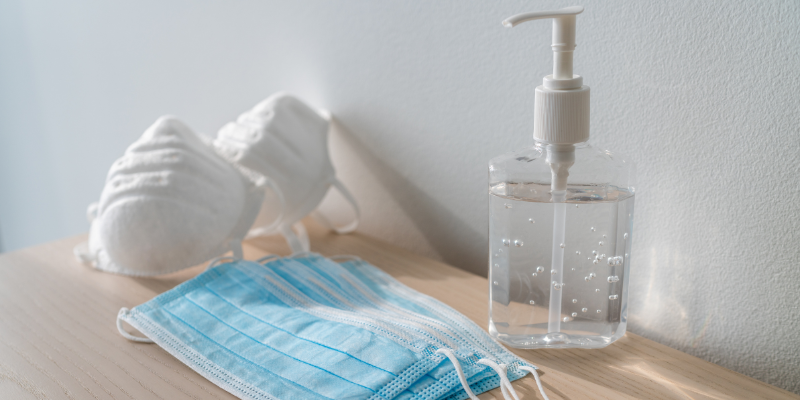I am teaching my two-year-old to catch her coughs and sneezes. Sometimes she manages, sometimes she doesn’t. This exercise started before the COVID-19 coronavirus hit the headlines because, like most toddlers, she comes with a lot of colds! Meaning, that despite my best efforts, there is usually at least one person in my house blowing a snotty nose or nursing a sore throat. We are big on sharing in my family, but it would be good if this were one thing we shared less of!
Right now, I am clearing the remnants of the flu and working from home. I am fortunate that I have a job and an employer with the technology in place to make this possible. Not everyone has the option, I know.
People who have recently been to affected areas and or think they may have Covid-19 coronavirus have been asked to self-isolate. Public Health England (PHE) has issued guidance regarding advice for self-isolation https://www.gov.uk/government/publications/wuhan-novel-coronavirus-self-isolation-for-patients-undergoing-testing/advice-sheet-home-isolation. These people, if well enough and able to work from home, will, presumably, be paid.
But what if you do not have the ability to work from home? Will you be paid? Health Secretary Matt Hancock has said that people who self-isolate should be considered ‘sick’ and be paid SSP accordingly. Emma Ahmed of Hill Dickson and @daniel_barnett have provided a really useful analysis on whether a person who self-isolates would be legally entitled to SSP. They state that a person may be paid if they have been given a ‘written notice issued by PHE or NHS 111’ or a fit note issued by their GP.
But with the Government saying that up to a fifth of the workforce may be off sick with Covid-19 coronavirus (https://www.bbc.co.uk/news/uk-51718917), how practicable is it that every person will obtain this notice? The resources of PHE and NHS 111 will almost certainly be stretched.
Some organisations are already recommending that their employees work at home to stop the virus spreading (https://www.bbc.co.uk/news/business-51700937).
There is, as you would expect, a lot of online information dealing with what you can expect (and not expect) from your employer at this time. One of the clearest articles I have read is by Old Square Chambers barristers, Melanie Tether and Nadia Motraghi. The link is here.
And if anyone has discovered a faster way to teach your toddler how to catch their sneezes, do please share your secret.
